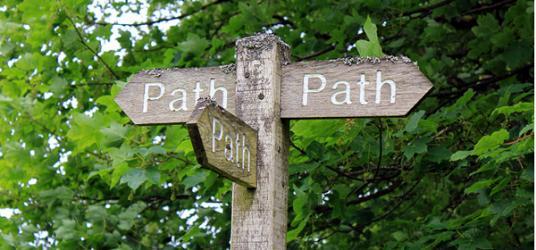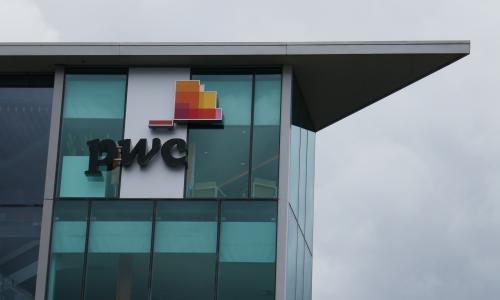
I am a planner. Maybe even a planner and a half. This makes the uncertainty of the future very difficult. I have planned numerous career outcomes, and driven myself crazy thinking about my future. The funny part is, most of this intense planning hasn’t been worth it. I’ve thought about becoming a nurse, athletic therapist, travel agent, and advisor, but most of my plans changed drastically after learning more about myself over time.
If you’re anything like me, graduating high school was exciting, and also filled with the pressure of having to make a decision about what to do for your future career. But there’s a problem with this mentality: how much can you really know about yourself upon graduating high school? I knew I liked sports and biology, but how could I know what type of job I wanted out of this? The thing is, I have discovered that this trend does not just stop after high school; it continues well into university life. It takes time and reflection to really understand where we want to go in life, and if we realize this trend now, we can use this knowledge to better understand and critically evaluate ourselves through the career growth process.
Despite the reality that plans rarely work out, society constantly tells us we need to have a plan. I’d say that the better idea is to have a direction. John Krumboltz, who pioneered something called Happenstance Learning Theory, recommends that individuals don't narrow their job scope down too much. Instead, the best outlook to have is to get involved in as many areas that interest you as you can - extracurricular, work, volunteer, community programs, and classes. Use these experiences as tools to reflect on yourself, your likes, and dislikes. Taking lots of actions, and truly reflecting on life experiences, is the best way to look for a good fit in your career. You never know, you might just meet someone new who could direct you to your future career.
Personally, through time in my studies, work, and volunteer experiences I have been able to learn more and more about what is fitting to my personality, abilities, and strengths. Taking the good, bad, and the ugly, I was able to more critically recognize areas that I could see myself working in, and not see myself working in. I was so unsure at many times what path to consider for the future. It was only when I got out of my daily routine of school and work that I was able to find more direction. Through my two volunteer experiences at Elim Village and Career Services I was able to learn more about myself and a new industry. If it weren't for taking the risk of trying something new, I would still be in my daily routine hoping that somehow I would come to a realization of what I should do with my life. I underestimated the value of new experiences and how much you can learn about yourself and your passions by just putting yourself out there. This is the best way to learn if you will thrive in a certain environment, or if it is just not for you.
The most important message is to understand is that it takes time and experience to really learn about yourself, and you can only benefit by staying open to many possibilities. It's the best way to tackle a changing economy and unpredictable job market, too. You just never know what will come next.













